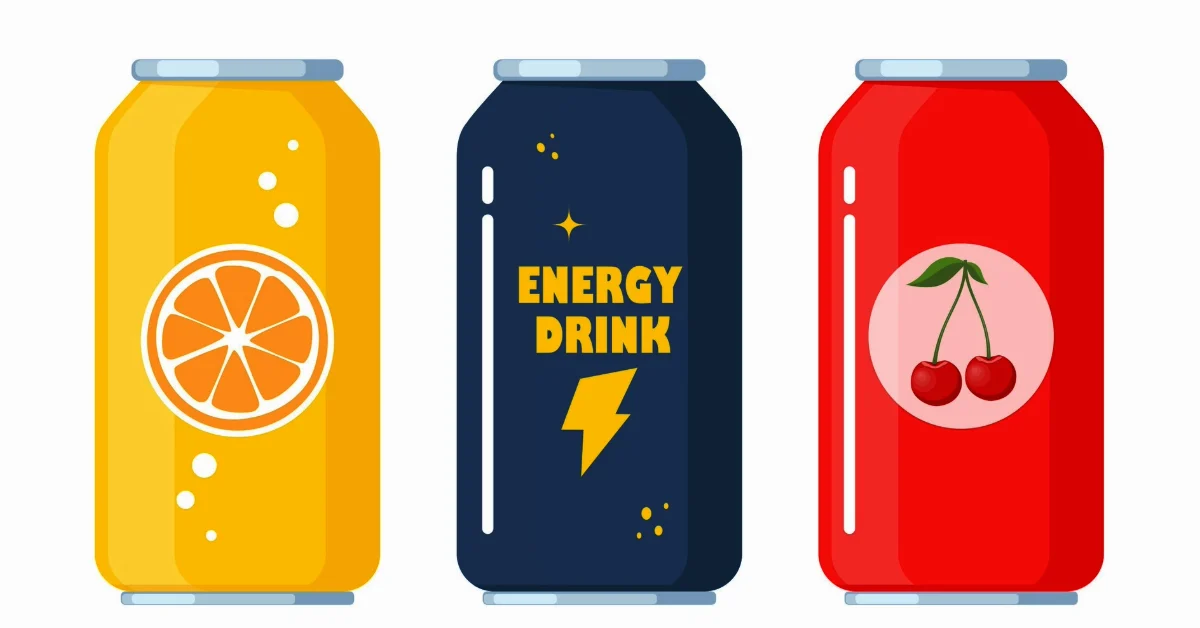Recent incidents involving the excessive consumption of energy drinks have sparked a heated debate in Ireland about the potential dangers of these beverages and whether their sale should be restricted or banned. This discussion has gained momentum following reports of two young men suffering cardiac arrests after consuming large quantities of energy drinks.
Two men in their twenties experienced cardiac arrests after consuming excessive amounts of energy drinks. One of the men reportedly drank ten cans of an energy drink over a few hours, followed by a litre of another caffeinated beverage. The other consumed seven cans in a similar timeframe. These alarming cases have led to renewed calls for stricter regulations on the sale of energy drinks, particularly to minors.
Energy drinks are known for their high caffeine content, often combined with other stimulants like taurine and guarana. These ingredients can significantly impact heart health, especially when consumed in large quantities. A study by the Mayo Clinic highlighted the potential risks associated with energy drinks, noting that they could lead to abnormal heart rhythms and increase the risk of sudden cardiac arrest, particularly in individuals with pre-existing heart conditions.
Dr. Michael Ackerman, a genetic cardiologist at the Mayo Clinic, explained that while a healthy heart might handle these stimulants in moderation, a fragile heart could be pushed into a life-threatening arrhythmia by the combination of sleep deprivation and high caffeine intake. This “perfect storm” scenario underscores the need for caution when consuming these beverages.
In light of these incidents, there have been growing calls for a ban on the sale of energy drinks to children and teenagers in Ireland. Some experts argue that children should be targeted from an early age to encourage healthier habits and reduce the consumption of high-sugar and high-caffeine beverages. The UK is already considering a ban on the sale of energy drinks to under-16s, and advocates in Ireland believe similar measures should be implemented.
However, not everyone agrees with the call for a ban. Nutritionist and dietician Dr. Mary McCreery pointed out that there is no concrete evidence from the European Food Safety Authority (EFSA) to support a ban on energy drinks. She emphasized that many drinks labeled as energy drinks contain varying levels of caffeine and other ingredients, making it difficult to categorize them uniformly.
The debate over energy drinks in Ireland is far from settled. While some experts and health advocates push for stricter regulations to protect young people, others argue that more research is needed to establish a clear link between energy drinks and cardiac events. In the meantime, health professionals continue to advise moderation and caution when consuming these beverages, particularly for individuals with underlying health conditions.
As the discussion unfolds, it remains to be seen whether Ireland will follow in the footsteps of other countries and implement stricter regulations on the sale of energy drinks. For now, the focus is on raising awareness about the potential risks and encouraging healthier choices among consumers.
